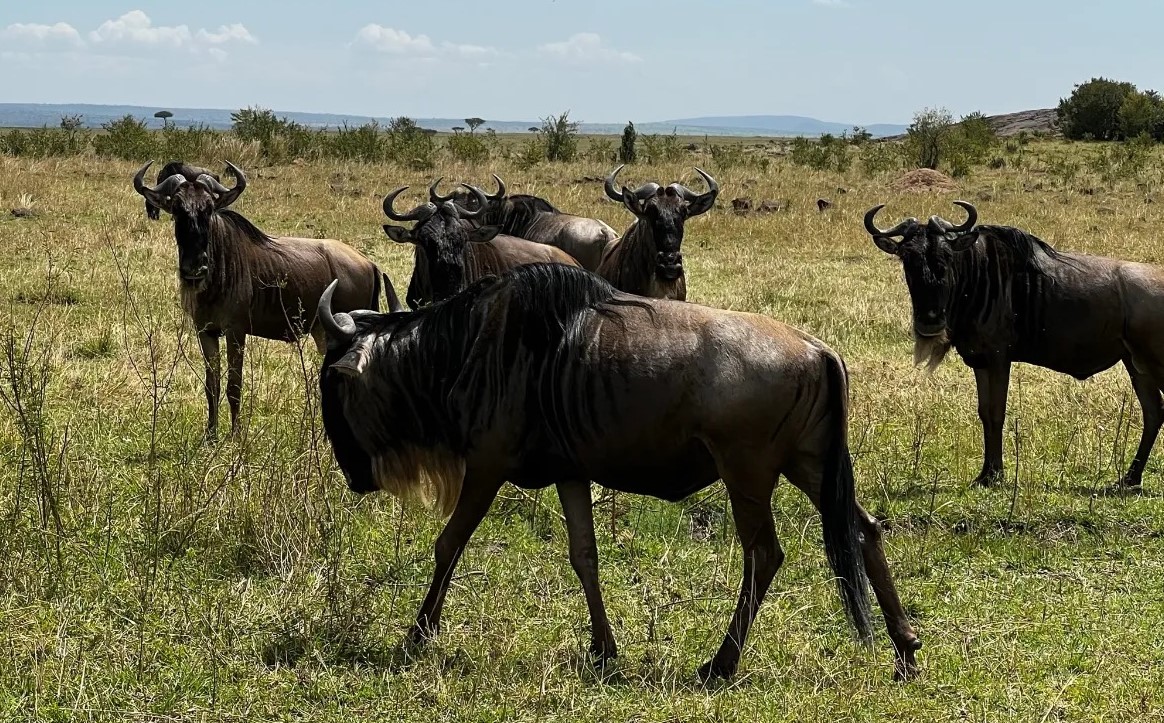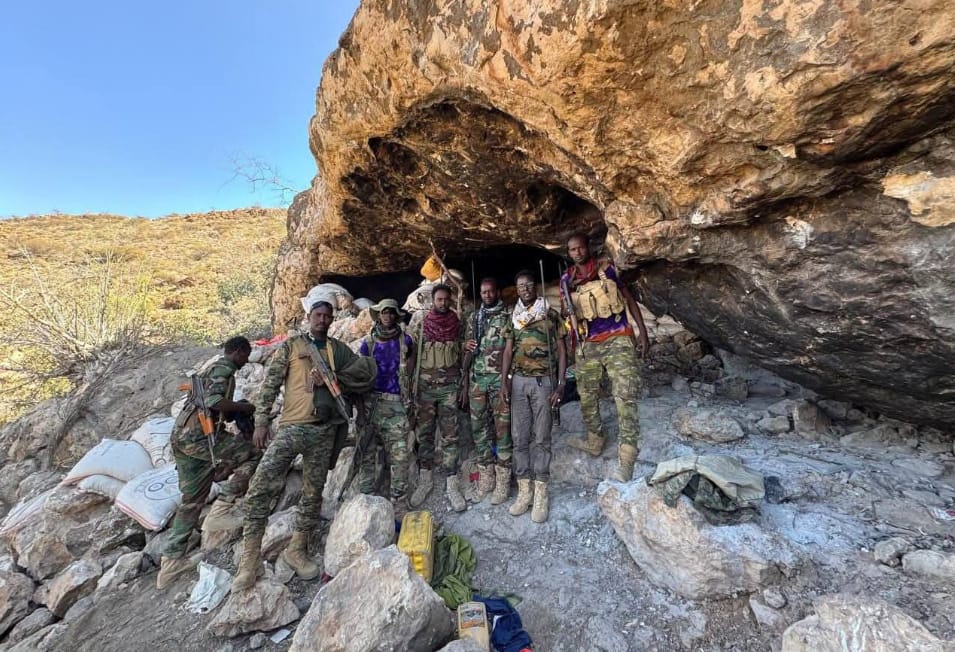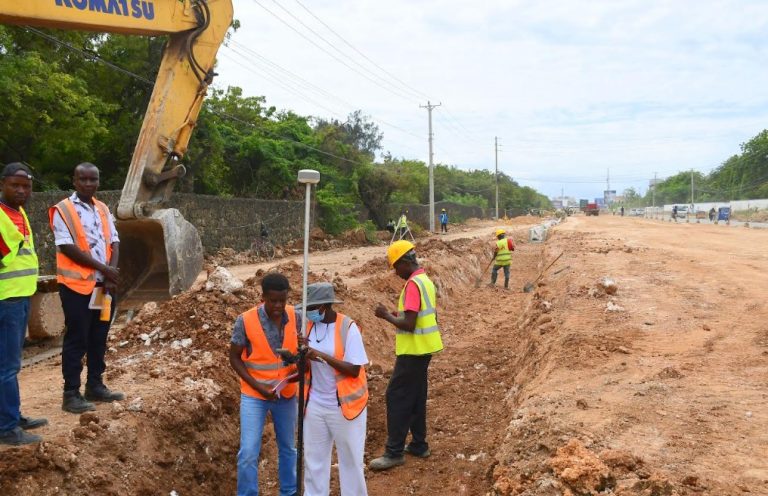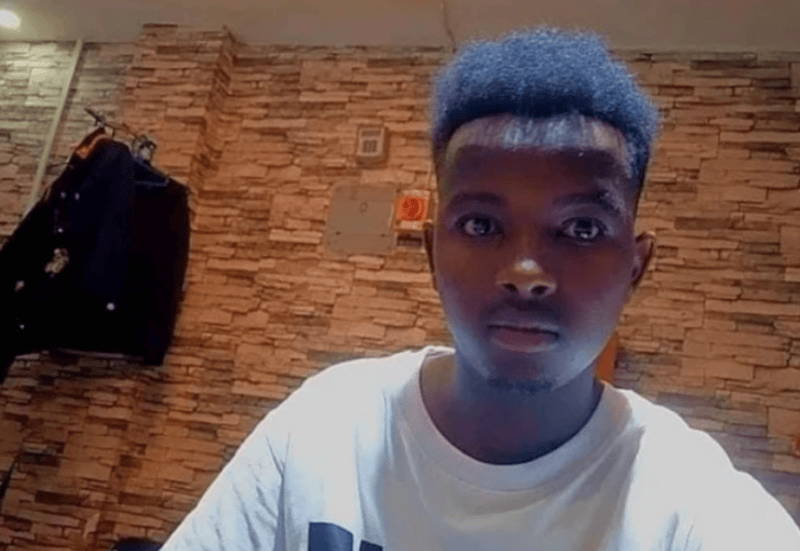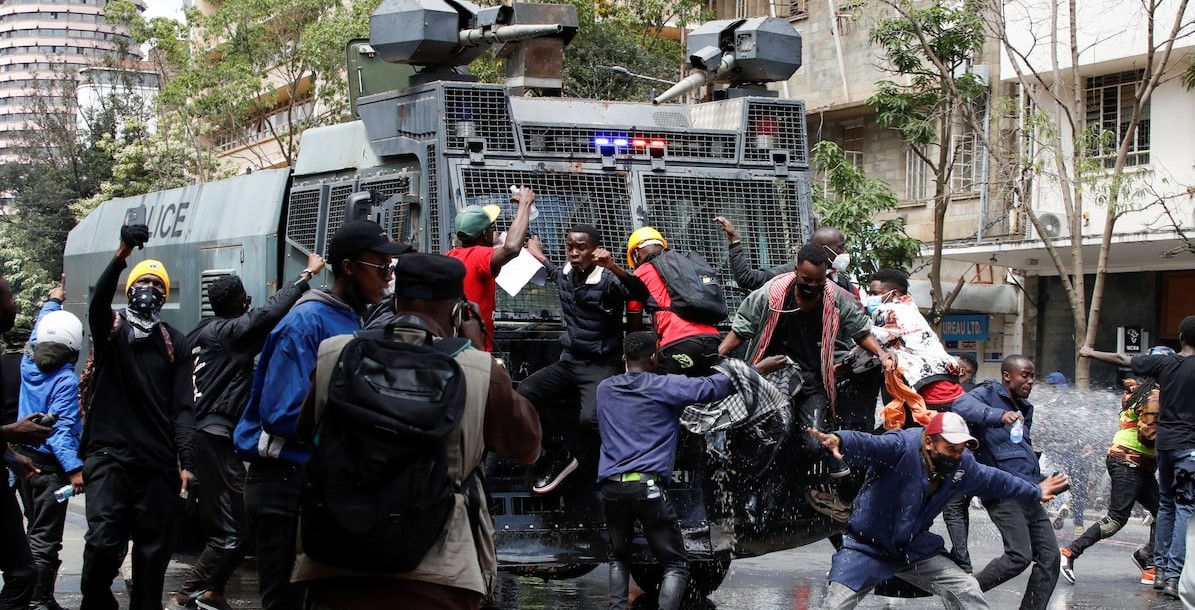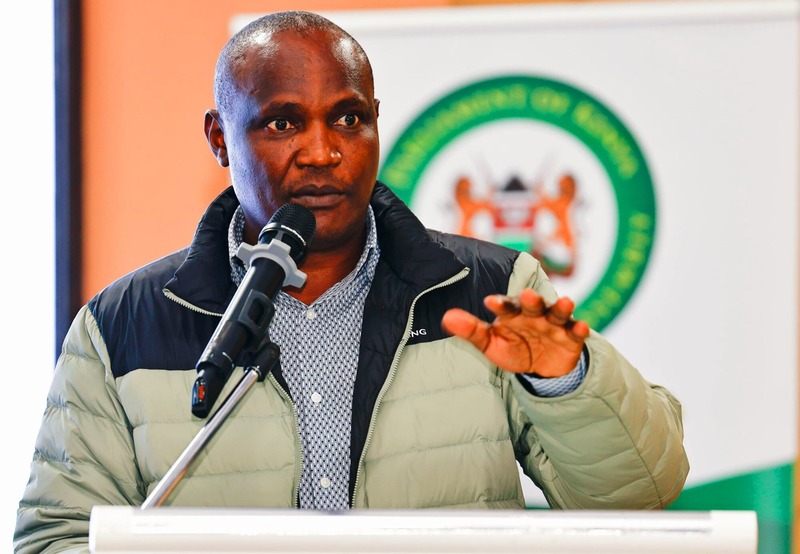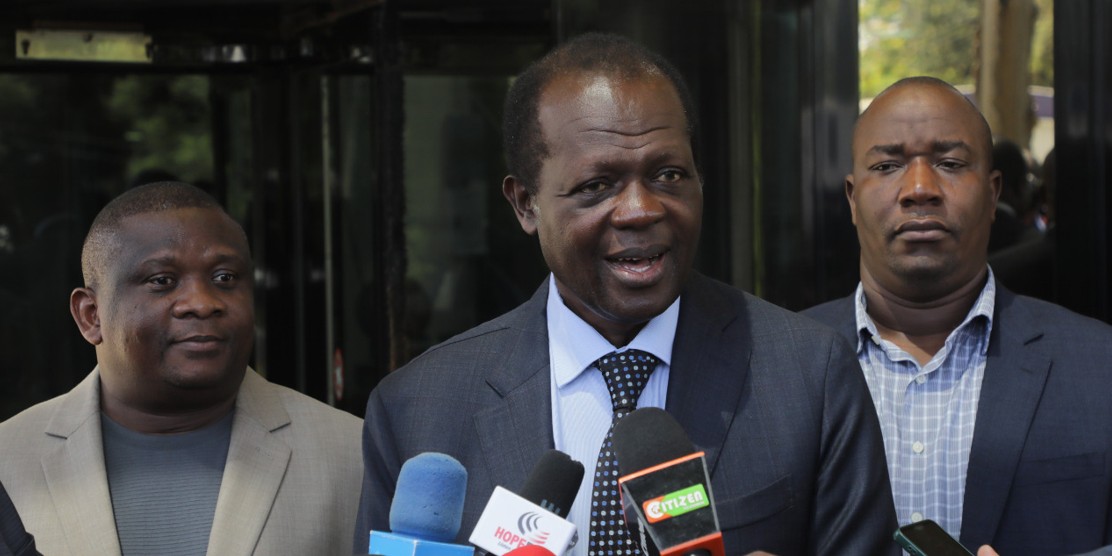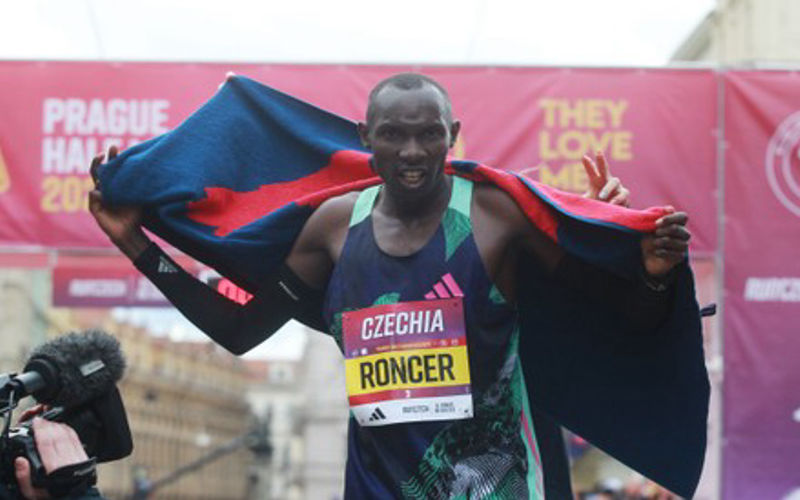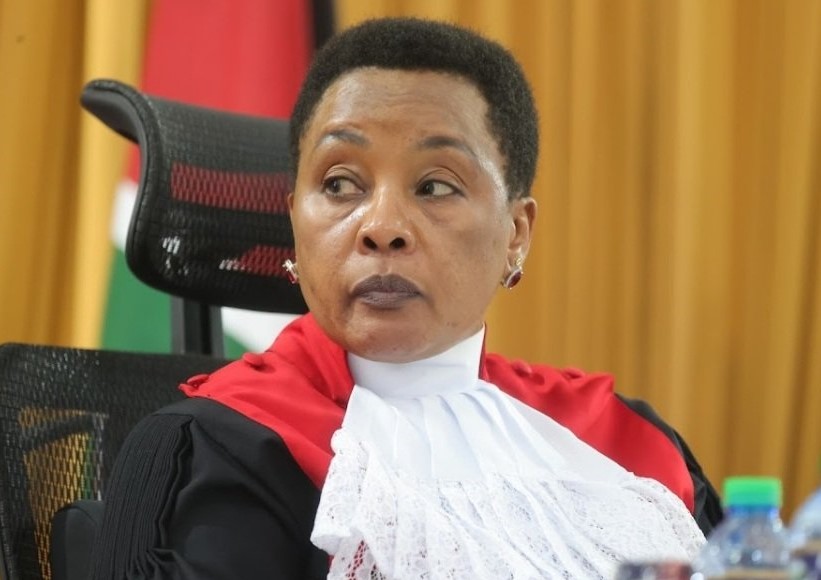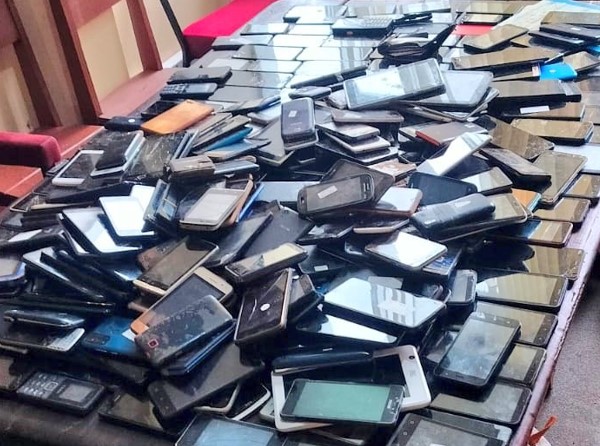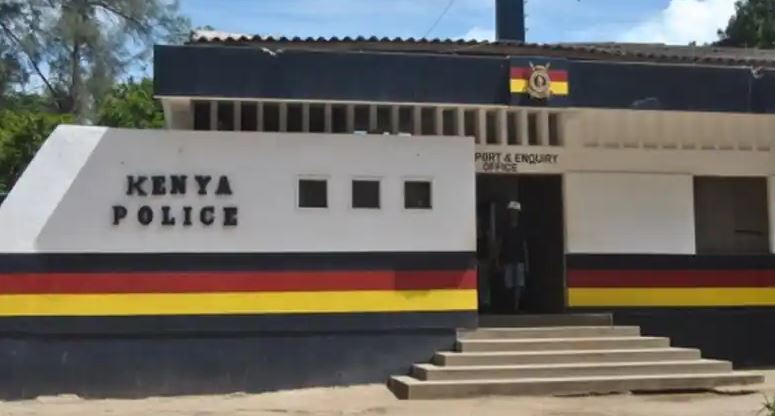Joseph Kabila faces treason charges as military trial begins in Kinshasa

Joseph Kabila, who did not attend the hearing, is facing multiple charges, including treason, murder, rape, torture, participation in an insurrectionist movement, and the occupation of the rebel-held city of Goma.
The treason trial of former Democratic Republic of Congo president Joseph Kabila opened on Friday before a military court in Kinshasa, sparking intense political debate and drawing sharp reactions from his allies and the government.
Kabila, who did not attend the hearing, is facing multiple charges, including treason, murder, rape, torture, participation in an insurrectionist movement, and the occupation of the rebel-held city of Goma.
More To Read
- M23 casts doubt on DRC peace efforts after skipping Qatar talks
- ADF rebels kill at least 52 civilians in eastern DRC
- Kenya clarifies nomination of Consul-General to Goma following pushback from DRC
- DRC rejects Kenya’s consul appointment to Goma, citing International law
- EAC and SADC back Africa-led framework to end Eastern DRC conflict
- US sanctions armed group, companies profiting from illegal mining in DRC
He has requested to be tried in absentia and dismissed the case as “arbitrary”, accusing the courts of being used as an “instrument of oppression”.
After several hours of proceedings, the court adjourned the trial to the end of the month to allow prosecutors more time to review documents.
The former president is accused of supporting the M23 rebels, who currently control a large part of eastern DR Congo, and of being one of the initiators of the Congo River Alliance, a rebel coalition that includes the M23 and other militia.
President Félix Tshisekedi, his successor and longtime rival, has directly accused Kabila of being the mastermind behind the rebel group. Kabila, who ruled the country for 18 years after taking over from his father Laurent in 2001, returned from self-imposed exile in South Africa in May and entered the country through Goma.
Although former presidents in DR Congo enjoy lifetime immunity as senators for life, the Senate voted in May to strip Kabila of this privilege, clearing the way for prosecution.
The charge sheet alleges that Kabila conspired with Rwanda to overthrow the current government.
Both Kigali and Kabila have denied these claims. The UN and several Western governments have also accused Rwanda of backing the M23 and deploying thousands of troops into eastern DR Congo, which Rwanda denies, claiming it is only working to prevent the conflict from spilling into its borders.
Despite a ceasefire deal agreed last week between the Congolese government and the rebels, fighting has continued in the east.
Kabila has openly criticised the current administration. In a video published in May and later taken down, he described the Congolese government as a “dictatorship” and said the country was witnessing a “decline of democracy”.
In response, government spokesperson Patrick Muyaya said Kabila had “nothing to offer the country”.
The trial has triggered strong reactions from Kabila’s allies. Ferdinand Kambere, a senior figure in Kabila’s now-banned PPRD party, accused the government of “double standards”, saying it was lenient in its peace talks but harsh towards the former president. He claimed the case was meant to force Kabila out of political life.
Another close associate, Emmanuel Ramazani Shadary, described the case as “theatre” and said the outcome was already predetermined.
But Deputy Justice Minister Samuel Mbemba dismissed the criticism, stating: “Justice does not negotiate, it does not join in dialogue. The calendar for justice is different from the political calendar.”
Top Stories Today
